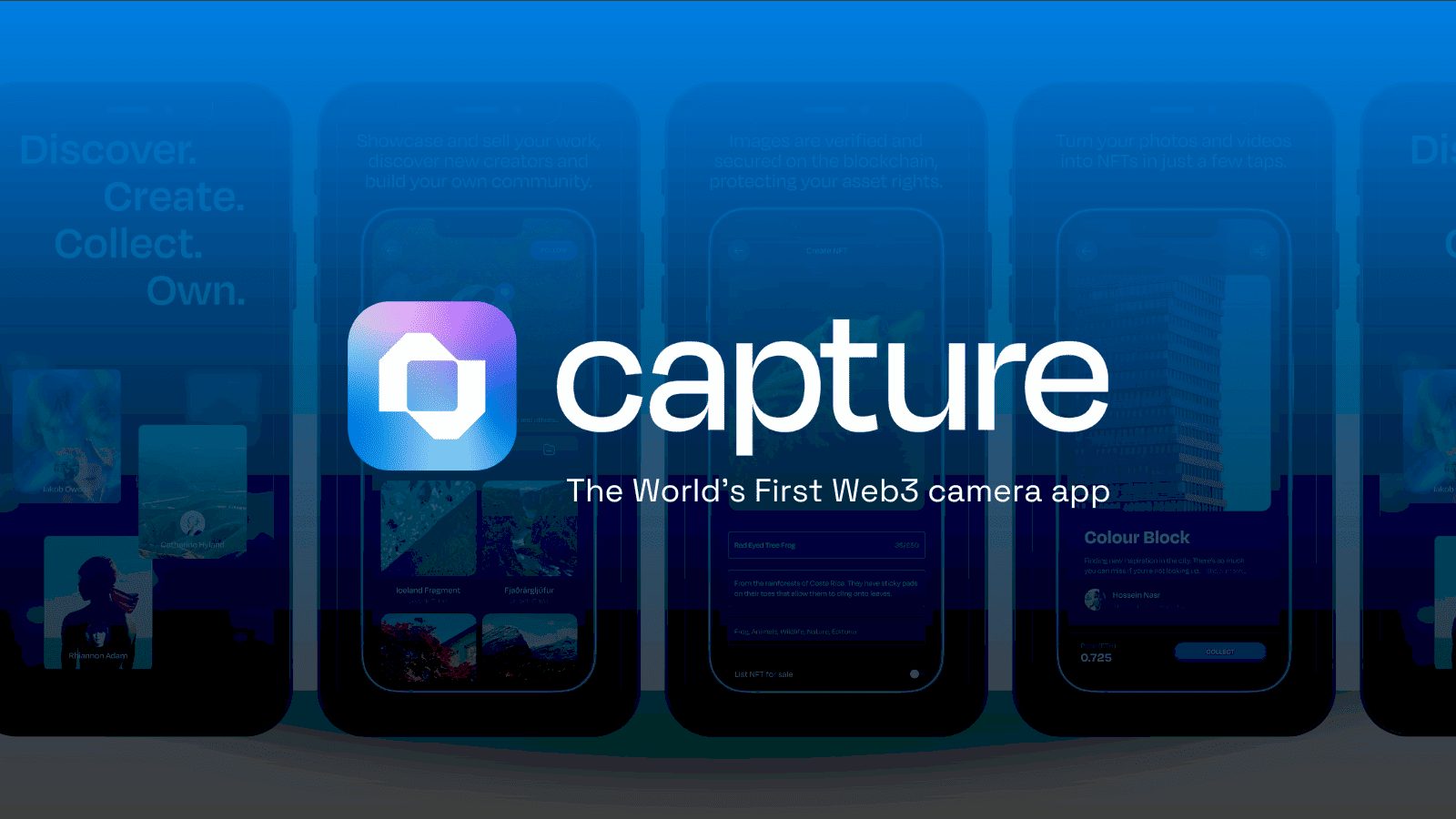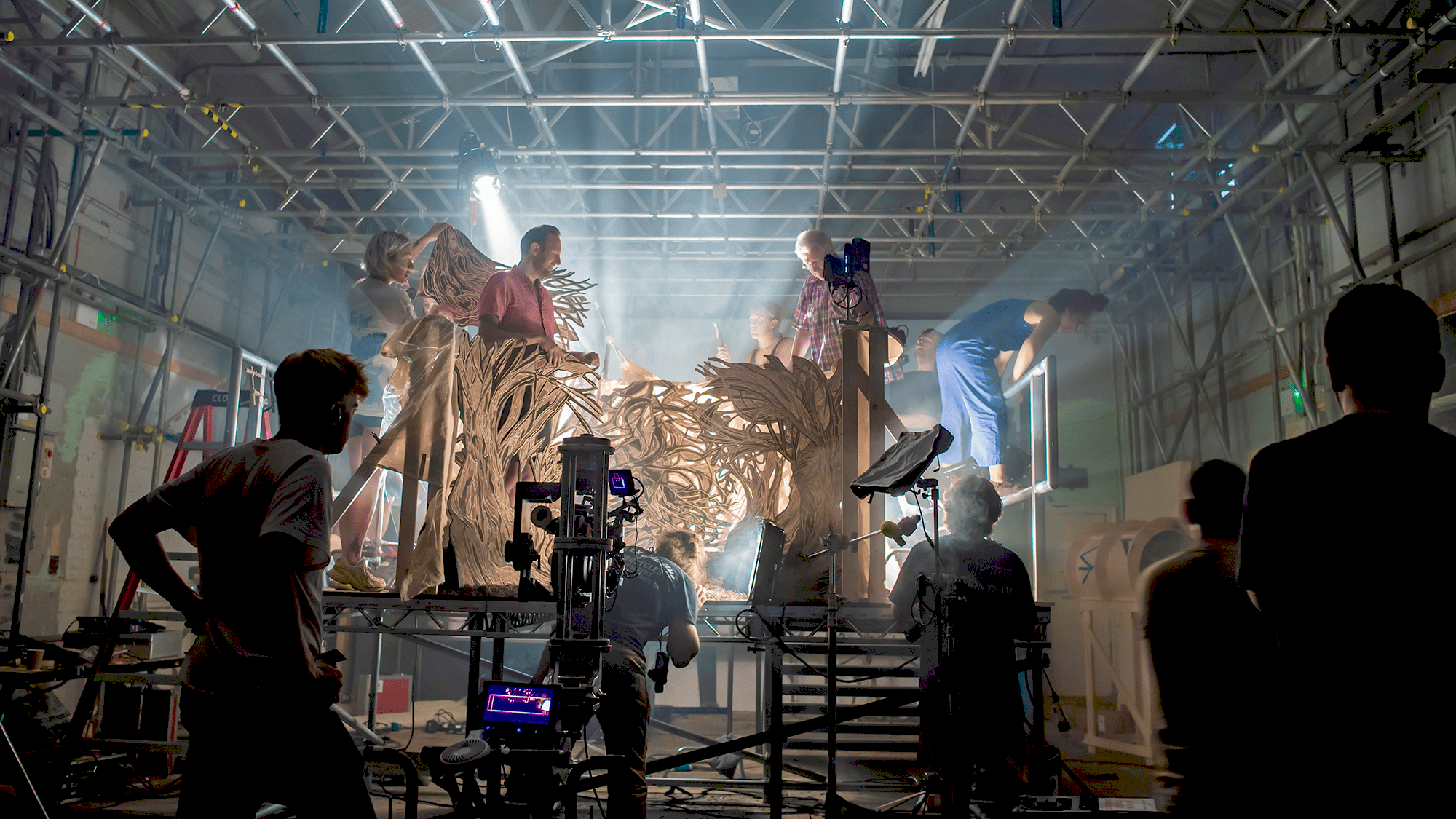NFTs in music are transforming the way artists create, distribute, and monetize their work. The rise of this digital technology has opened new avenues for musicians, allowing them to connect directly with fans and gain financial independence. This shift is not just a trend; it is a significant evolution in the music industry that offers numerous benefits to artists.
The integration of NFTs in music enables artists to sell unique digital assets, such as songs, albums, and concert tickets, directly to their audience. This eliminates the need for traditional intermediaries like record labels and distributors. As a result, musicians can retain a larger share of the profits from their sales, leading to greater financial stability and creative freedom.
Furthermore, NFTs allow for innovative marketing strategies. Artists can create limited editions of their work, providing exclusive content to fans who purchase these NFTs. This scarcity can drive demand and create a more engaged fan base. For example, musicians can offer behind-the-scenes content, unreleased tracks, or even personalized experiences as part of their NFT offerings.
Additionally, NFTs facilitate a new form of fan engagement. Fans can own a piece of their favorite artist’s work, creating a deeper emotional connection. This ownership can lead to a community of supporters who feel invested in the artist’s success. As more musicians embrace NFTs, the relationship between artists and fans is evolving, fostering loyalty and support.
In conclusion, NFTs in music represent a revolutionary shift in the industry. By empowering artists with new monetization strategies and enhancing fan engagement, NFTs are reshaping the landscape of music. As this technology continues to develop, it is essential for musicians to explore how they can leverage NFTs to enhance their careers and connect with their audience in innovative ways.
How Musicians Can Create and Sell NFTs
NFTs in music provide a unique opportunity for musicians to create and sell their work in a digital format. The process of creating and minting NFTs involves several steps that artists should follow to maximize their success. Understanding these steps is crucial for anyone looking to enter the NFT space.
First, musicians need to choose the right platform to mint their NFTs. Popular platforms for music NFTs include:
- OpenSea
- Rarible
- Mintbase
- Foundation
- Audius
Each platform has its own features, fees, and audience, so artists should research which one aligns best with their goals. Once a platform is selected, musicians can proceed to create their digital assets. This can include:
- Original songs
- Exclusive albums
- Concert tickets
- Artwork related to their music
Next, artists must mint their NFTs, which involves converting their digital files into blockchain assets. This process typically requires a digital wallet, which can store cryptocurrencies and NFTs. After setting up a wallet, musicians can upload their content to the chosen platform and follow the minting process. It’s essential to write a compelling description and set a price that reflects the value of their work.
Successful musicians leverage social media and their existing fan base to promote their NFTs. Engaging with fans through platforms like Twitter, Instagram, and TikTok can generate excitement and interest in their NFT offerings. Additionally, artists can collaborate with other creators to reach new audiences and expand their visibility.
Finally, after selling their NFTs, musicians should consider how to engage with buyers. Offering perks like exclusive content, behind-the-scenes access, or virtual meet-and-greets can enhance the value of the NFT and encourage future sales. By following these steps, musicians can effectively create and sell NFTs, capitalizing on this innovative trend in the music industry.
Popular Platforms for Music NFTs
Choosing the right platform is critical for musicians looking to sell NFTs in music. Each platform has unique features, benefits, and target audiences. Here are some of the most popular platforms that musicians can consider:
- OpenSea: One of the largest NFT marketplaces, OpenSea allows musicians to mint, buy, and sell various types of NFTs, including music. Its user-friendly interface makes it accessible for beginners.
- Rarible: Rarible is a decentralized marketplace that empowers artists to create and sell NFTs. It features community governance, allowing users to earn tokens by participating in platform decisions.
- Foundation: This platform focuses on high-quality art and music NFTs. Foundation is curated, meaning artists need invitations to join, ensuring a premium experience for buyers.
- Mintbase: Mintbase allows musicians to create and sell NFTs with customizable smart contracts. This platform is ideal for those looking to offer unique experiences or content tied to their music.
- Audius: Audius is a decentralized music streaming platform that integrates NFTs. It allows artists to earn directly from their fans while providing a space for sharing and promoting their work.
When selecting a platform, musicians should consider factors such as transaction fees, user base, and the types of NFTs they wish to create. By understanding the strengths of each platform, artists can choose the best fit for their music and engage effectively with their audience.
Challenges and Considerations for Musicians
Navigating the world of NFTs in music comes with its own set of challenges and considerations that artists must address. While the potential benefits are significant, musicians need to be aware of the complexities involved in this emerging market. Understanding these challenges can help artists make informed decisions as they explore the NFT landscape.
One major challenge is the volatility of the cryptocurrency market. NFTs are typically bought and sold using cryptocurrencies, which can fluctuate significantly in value. This volatility can impact the perceived value of music NFTs, making it essential for musicians to price their work strategically. Additionally, artists should be prepared for the possibility that the market for NFTs may experience ups and downs, affecting their sales.
Another consideration is the environmental impact associated with NFT transactions. Many NFTs are minted on blockchain networks that require substantial energy consumption, raising concerns about their carbon footprint. Musicians should consider using platforms that prioritize eco-friendly practices or explore alternative blockchain technologies that are more sustainable.
Legal implications also pose challenges for musicians entering the NFT space. Issues related to copyright and intellectual property rights can arise, especially if artists are using samples or collaborating with other musicians. It is crucial for creators to understand their rights and ensure that they have the necessary permissions before minting NFTs that include third-party content.
Finally, the NFT market is still relatively new, and there is a learning curve for artists unfamiliar with the technology. Musicians must invest time in educating themselves about the process of creating and selling NFTs, as well as understanding the intricacies of smart contracts and digital wallets. By addressing these challenges, musicians can navigate the NFT landscape more effectively and capitalize on the opportunities it presents.
The Future of NFTs in the Music Industry
The future of NFTs in the music industry appears promising as artists continue to explore innovative ways to engage with their fans and monetize their work. As technology advances and more musicians enter the NFT space, several trends are likely to shape the future of music NFTs.
One trend is the increasing integration of NFTs into live performances. Musicians may offer exclusive NFTs tied to concert experiences, such as VIP access, backstage passes, or limited-edition merchandise. This approach can enhance the fan experience and provide additional revenue streams for artists.
Another significant trend is the rise of music-related metaverses. Virtual worlds are becoming platforms for artists to showcase their work and connect with fans. In these environments, musicians can sell NFTs, perform live, and create immersive experiences that engage audiences in new ways.
Moreover, as the NFT market matures, we can expect greater collaboration between artists and brands. Partnerships could lead to unique NFT drops that combine music with fashion, gaming, or technology. These collaborations can help musicians reach new audiences and expand their brand presence.
Finally, the evolution of blockchain technology will likely impact the music industry positively. Improvements in scalability, security, and energy efficiency will make it easier for musicians to mint and sell NFTs. As more platforms emerge, artists will have more choices, leading to a more competitive and diverse NFT market.
In conclusion, the future of NFTs in the music industry holds immense potential for innovation and creativity. By embracing this technology, musicians can redefine their relationship with fans, explore new revenue opportunities, and contribute to a more sustainable and equitable music ecosystem.



